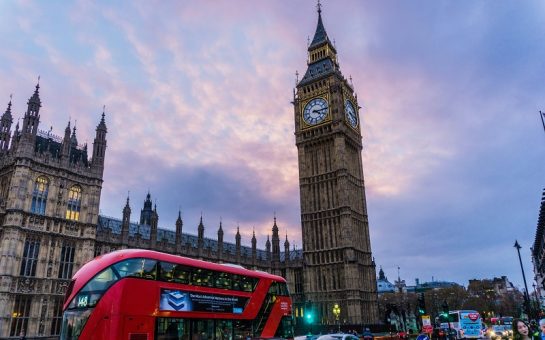Job centres have stopped providing basic personal information on signposting slips to foodbanks, causing delays in food aid to hungry benefit claimants, Hackney Foodbank has said.
The Guardian reported on 16 February that the Department for Work and Pensions (DWP) will no longer provide the basic personal information that enabled many foodbanks such as those in the Trussell Trust to use them as referrals.
The slips now ‘signpost’, providing only the address and opening hours of local food banks.
Hackey Foodbank claimed that this has resulted in food banks such as theirs having to turn desperate people away to seek formal referrals from third parties.
Jenna Fansa, head of fundraising at Hackney Foodbank, said: “If you’re feeling that sense of stigma, worry and stress and often enormous shame having to make those extra calls can be a really big deal for people.
She said: “It’s just that extra barrier.”
Fansa couldn’t provide exact figures but said since the changes came into effect in February, their helpline has been ringing off the hook.
Third parties that can provide the desperately needed referrals such as Help through Hardship, Shoreditch Trust and Citizens Advice are also under pressure, and their helplines often have over an hour’s wait.
Most food banks require a formal referral to provide support, however many including the 1300 run by the Trussell Trust, including Hackney, did accept DWP’s previous format of ‘slip’ as de facto referrals.
The information on referrals is also logistically vital, Fansa explained, with the size, age and religion of the household allowing the foodbank to make appropriate adjustments for dietary requirements.
The demographic of the household also allows them to include appropriate non-food items such as sanitary products, providing not only sanitation but dignity.
The data also informs their outreach programs tackling minority communities, which have been previously hard to reach.
Fansa said: “We are getting much better at capturing data and we use it to make sure that we can reach everybody.
“We are now reaching Muslim and Jewish communities in the north of the borough that are really struggling.”
Hackney is very young and ethnically diverse, with 40% of the population from black or other minority groups.
The borough also contains significant Turkish and Charedi Jewish populations.
Nearly half of the population is under 29, at 48%, and 28% of children live under the poverty line.
Fansa pointed out that for claimants with limited English or who living with disability, claiming benefits is already complicated, further convoluting it just makes it that bit harder.
This comes as the foodbank is facing record demand, with 900 being fed people in the week before Christmas.
Demand from 2022 increased by 85% in 2023 more than the height of the pandemic, with 46% more children being fed and in January 2024 demand from pensioners was 95% higher than 2023.
Pat Fitzsimons, CEO of Hackney Foodbank, said: “This wasn’t a record we ever wanted to set.
“The social security system which should be there to support people in times of crisis isn’t fit for purpose.
“Many of the people we see are malnourished, we meet pensioners who eat cereal for dinner because there’s nothing else in the cupboards and parents who go hungry so their children can eat.”
Lara Callaway of Hackney Foodbank said of pensioners: “They aren’t really surviving – they’re getting into arrears and are experiencing severe mental health issues like anxiety and depression.”
The DWP has just announced it will receive sweeping new powers to access benefits claimants data and bank accounts without the previous requirement of proving fraudulent activity.
Fansa described a perfect storm of universal credit being frozen since April 2016, soaring food costs which have risen by 26%, the energy crisis and zero hours contracts pushing the system to breaking point Cadent Gas have been helping by providing fuel vouchers, but once again data is needed for this.
Life expectancy in Hackney for babies born between 2020-2022 is down by 14.4 months for men (76.71 years), and 11.7 months for women (81.8 years) compared to Richmond London which has increased to 82.37 for men and Wandsworth at 79.9%.
Sasha, who isn’t allowed to work and is given 9.10 for expenses per person, said: “We go hungry so our children can eat.
“We need help, we need people to hear our story so they help.
“My sons are still growing but they’re not getting enough vitamins or protein, I worry for their health.”
Simmons, CEO of Hackney Foodbank added: “It is appalling that asylum seekers are becoming malnourished and that the system is failing to provide for their most basic needs.”
Fansa also relayed that there is a surge of need from asylum seekers housed in hotels, where food is insufficient and there are no fresh vegetables apart from salad twice a week and minimal protein.
A DWP spokesman has said it never formally referred claimants as it’s the food banks prerogative as to what is deemed a referral and that its policy has not changed.





